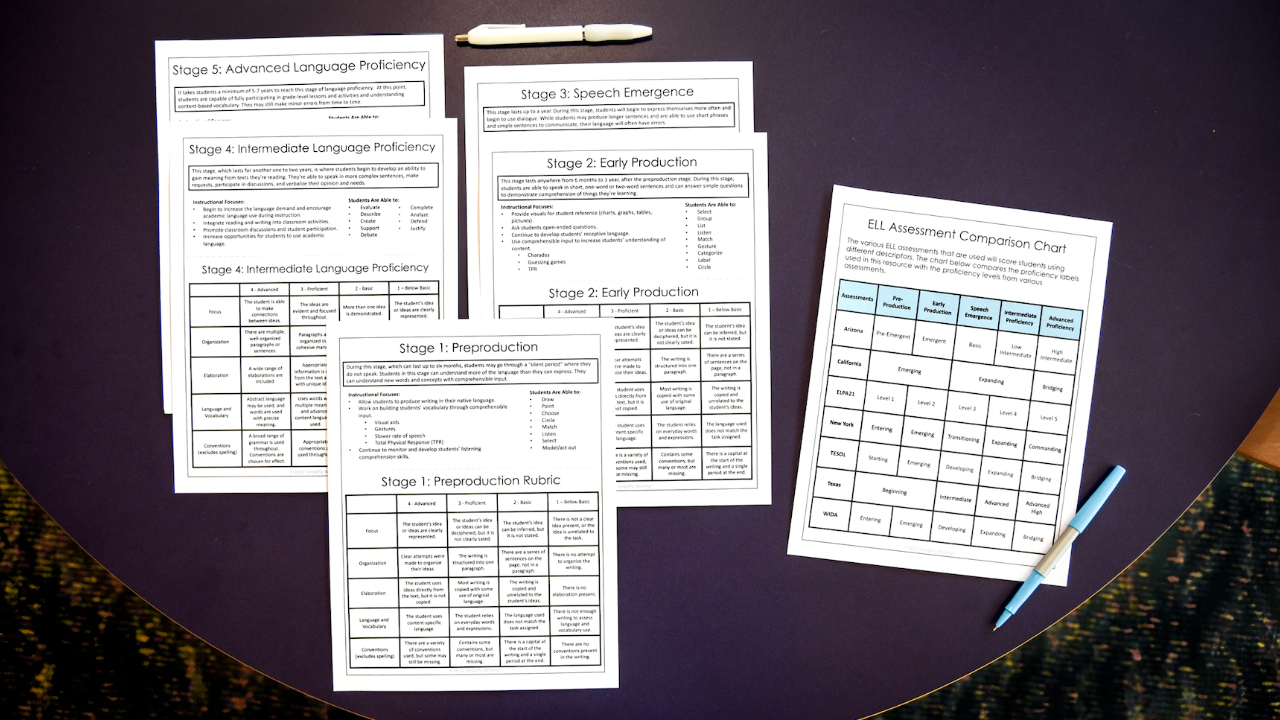Equitable Grading in Writing

It's no secret that grading writing can be subjective, even for the most experienced teachers. This doesn't mean that we can't grade writing pieces in a fair and equal manner. It's imperative that teachers learn about equitable grading and make an effort to utilize it in their classrooms.
Equitable grading refers to the practice of ensuring that grading practices and policies are fair and just, taking into account the diverse backgrounds and experiences of students. This involves considering factors such as individual student needs, past performance, and the impact of external factors such as the COVID-19 pandemic on student learning and achievement.
One way to approach equitable grading is to establish clear and consistent grading criteria and standards that apply to all students. This can help to reduce subjectivity and ensure that grading is based on objective criteria rather than personal biases. It is also important to provide students with regular feedback on their progress and to give them opportunities to revise and improve their work. This can help to ensure that students have a clear understanding of what is expected of them and can take steps to improve their performance.
Another key aspect of equitable grading is to be aware of and address the potential impact of external factors on student learning and achievement. For example, students who are facing financial or personal challenges may have difficulty keeping up with coursework or participating in class. It may be necessary to provide additional support and accommodations to ensure that these students have an equal opportunity to succeed.
It is also important to be aware of and address any potential biases or prejudices that may impact the way that students are graded. For example, research has shown that students from certain racial or ethnic groups may be more likely to receive lower grades, even when they have the same level of knowledge and ability as their peers. It is important to be aware of these biases and to take steps to mitigate their impact on grading practices.
In the Simplify Writing® curriculum, we provide the following strategies for grading equitably:
-
Use a grading rubric: A rubric is a clear and consistent set of criteria that outlines what is expected in an assignment. This helps to ensure that students are graded fairly and consistently, as everyone knows exactly what is expected of them. Each unit comes with a student-friendly rubric.
-
Provide opportunities for revision: Giving students the chance to revise their work can help to level the playing field, as it allows students to improve their grades based on feedback. We build feedback opportunities in using writing conferences, small group, and peer feedback opportunities.
-
Use multiple assessment methods: During their writing block, the teachers who use our curriculum use a tracking spreadsheet to individualize learning and show the unique strengths of each student. This is also a great way to assess growth.
-
Be consistent: Grading should be consistent across the class, so that students are not unfairly penalized for similar mistakes or rewarded for similar successes.
-
Take into account extenuating circumstances: If a student has experienced a significant event (such as a family emergency or illness) that has affected their ability to complete assignments, it may be appropriate to take this into consideration when grading their work.
-
Communicate expectations clearly: Make sure that students understand what is expected of them in terms of their writing pieces. This can help to prevent misunderstandings or confusion that could lead to inequitable grading.

Language Domain Rubrics for ELL from the Simplify Writing® curriculum
Overall, equitable grading is an important aspect of ensuring that all students have an equal opportunity to succeed in the classroom. By establishing clear and consistent grading criteria, providing regular feedback and support, and being aware of and addressing any potential biases or external factors that may impact student learning, educators can help to create a more inclusive and equitable learning environment for all students.
Free Workshop for K-8th Grade Teachers
Learn simple engagement strategies to help reach your writers of varying ability levels during our free 90 minute training.
If you're a school administrator, take this training instead.

